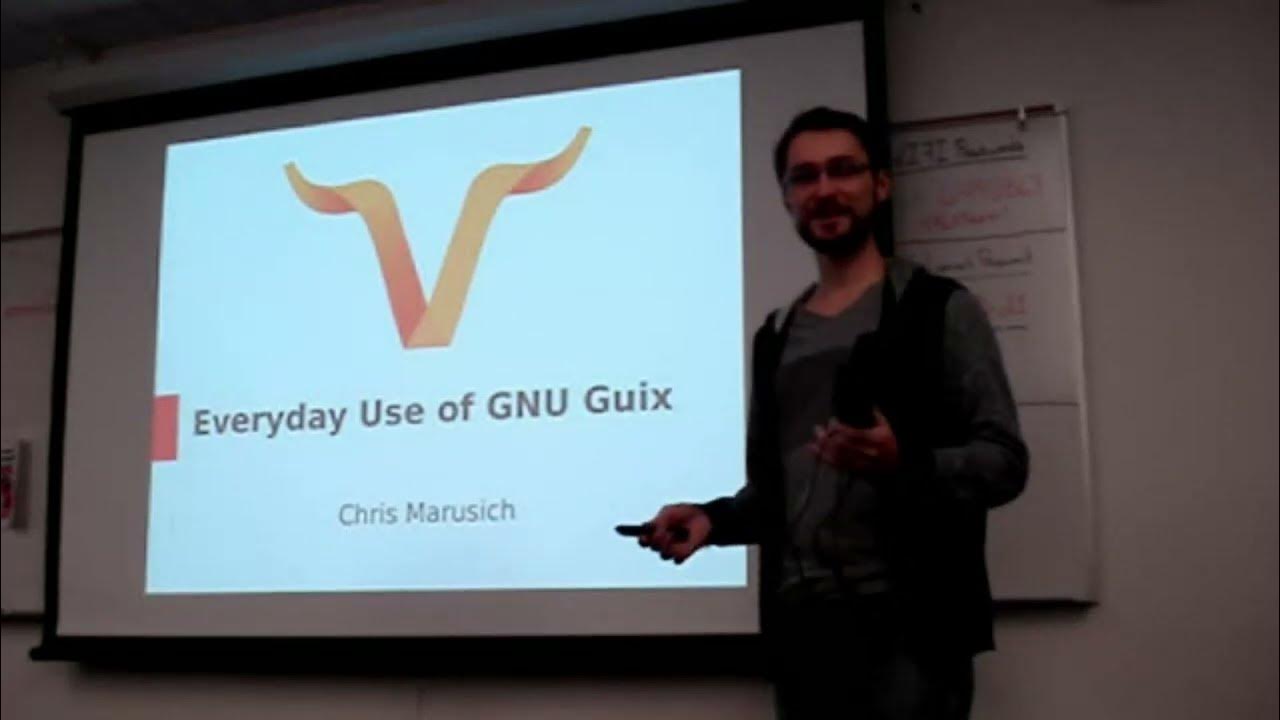Yeah Clojure is like the monkey’s paw of Lisp weenies. It adds many modern day niceties that are lacking in standard Scheme or Common Lisp, but also changes enough things to make it feel very un-lispy. I go back and forth as to whether or not I even consider it Lisp (Richard Stallman doesn’t).
But I do know that I’d rather write Clojure than any other non-lisp language.
I’d also recommend people try ABCL, which is Common Lisp on the JVM , or Parenscript which is Common Lisp that compiles to Javascript.



















I understand the general job market, but what about lisp prevents you from pursuing personal ventures with it?